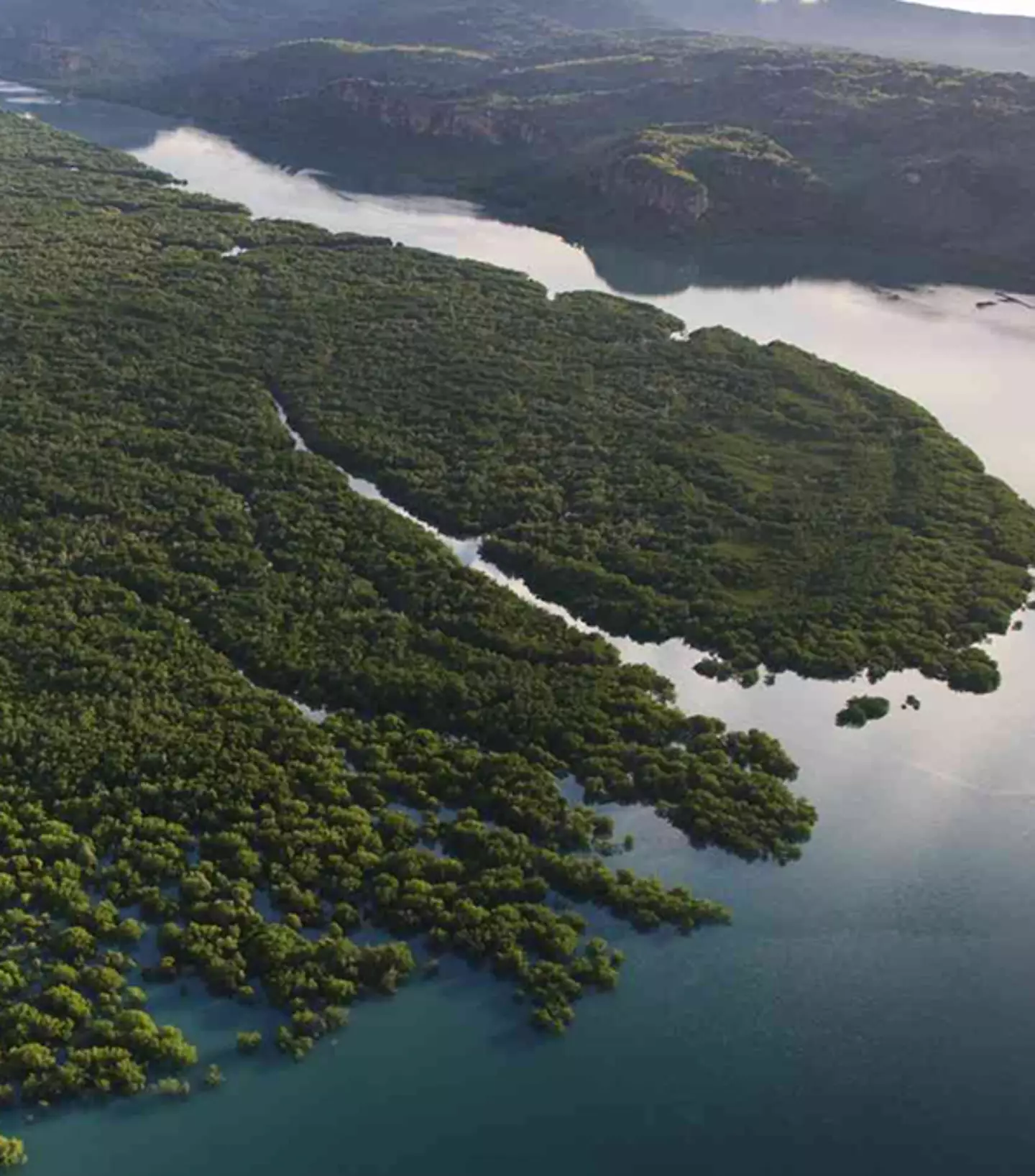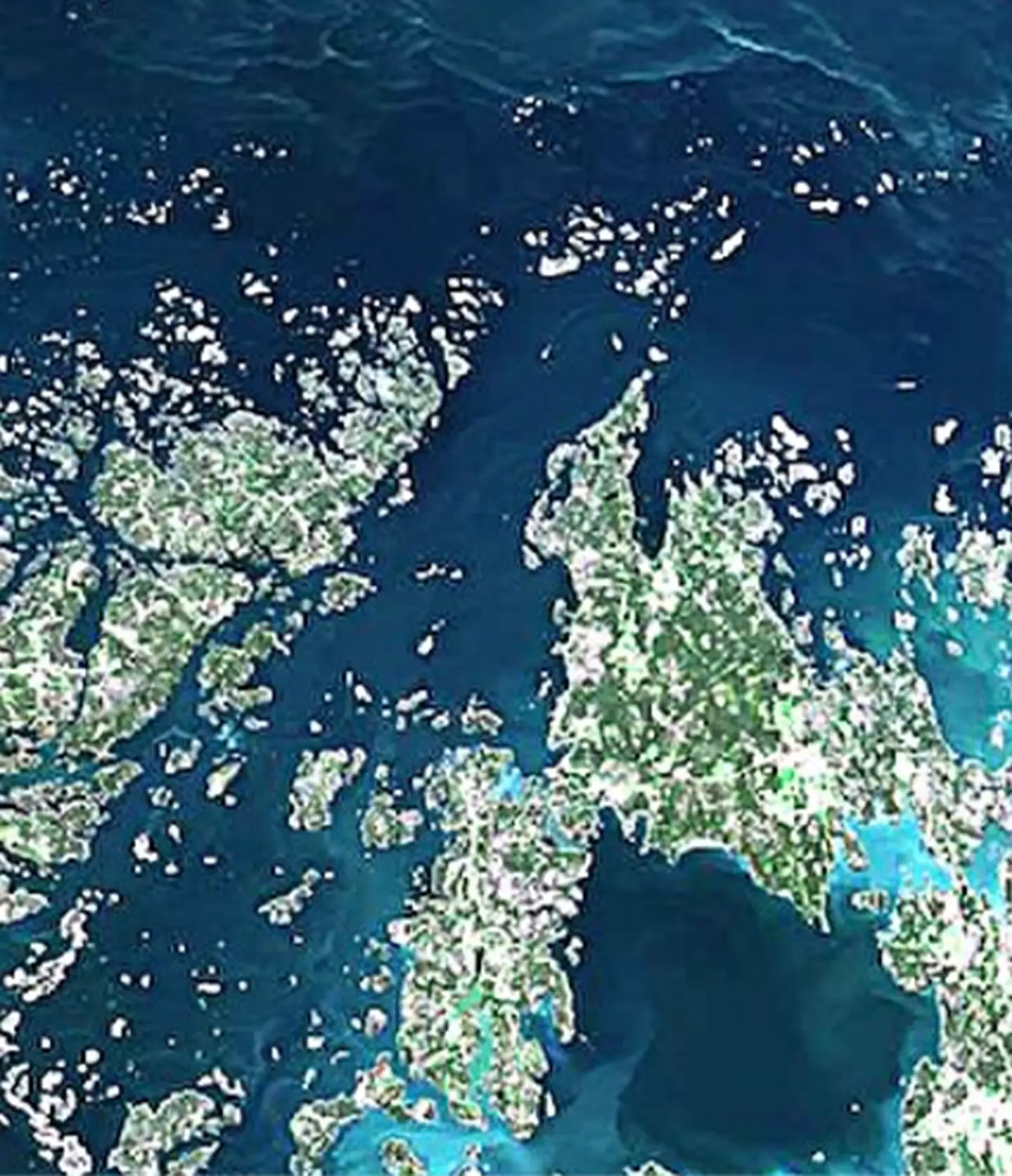
Researchers have discovered a large, ancient colony that was once booming with human life.
Hidden under the water off the northern coast of Kimberley, Australia there is an underwater settlement which dates back to the Late Pleistocene period, around 2.5 million years ago.
It's helping the team piece together evidence of early human migration and how climate change affected ancient civilisations.
Interestingly, it's possible the submerged landmass may have acted as a vital bridge connecting the civilisations.
Advert
'It's plausible that this land was used as a pathway for migration,' said Dr. James Bennett, an environmental historian and contributor to the study.

'Before Australia became the island we know today, it could have been accessible by foot.'
According to the study, the submerged lands might have helped people move across vast areas during the Late Pleistocene period.
Advert
The existence of this underwater colony was revealed as researchers carefully explored the submerged land, which was once a thriving ecosystem on a landmass almost 250,000 square miles in size - which is about 1.6 times the area of the UK!
Early excavations found a treasure trove of artefacts and signs of human life, hinting at a flourishing civilisation now hidden beneath the ocean.
'The findings are nothing short of astonishing,' said Dr. Emily Watson, a renowned archaeologist and co-author of the study. 'We've uncovered a forgotten world that was not only inhabited by humans but also rich in ecological diversity.'

Advert
Although being a desert at some point back in time, the submerged landmass once had a complex network of freshwater and saltwater lakes, rivers, and even an inland sea. So, this would've been a lifeline to the 50,000 to 500,000 people living there.
'Now submerged continental margins clearly played an important role in early human expansions across the world,' the study stated.
The end of this once-thriving colony is a reminder of how climate change has impacted human populations throughout history.
Rising sea levels caused half of the landmass in the Pleistocene era to become submerged by the ocean - causing the populations to adapt to new life in nearby archipelagos. This underlined a new chapter in human history: the 'first maritime explorers from Wallacea.'
Advert
As we deal with the effects of climate change today, understanding how our ancestors adapted to changing environments might offer some solutions.